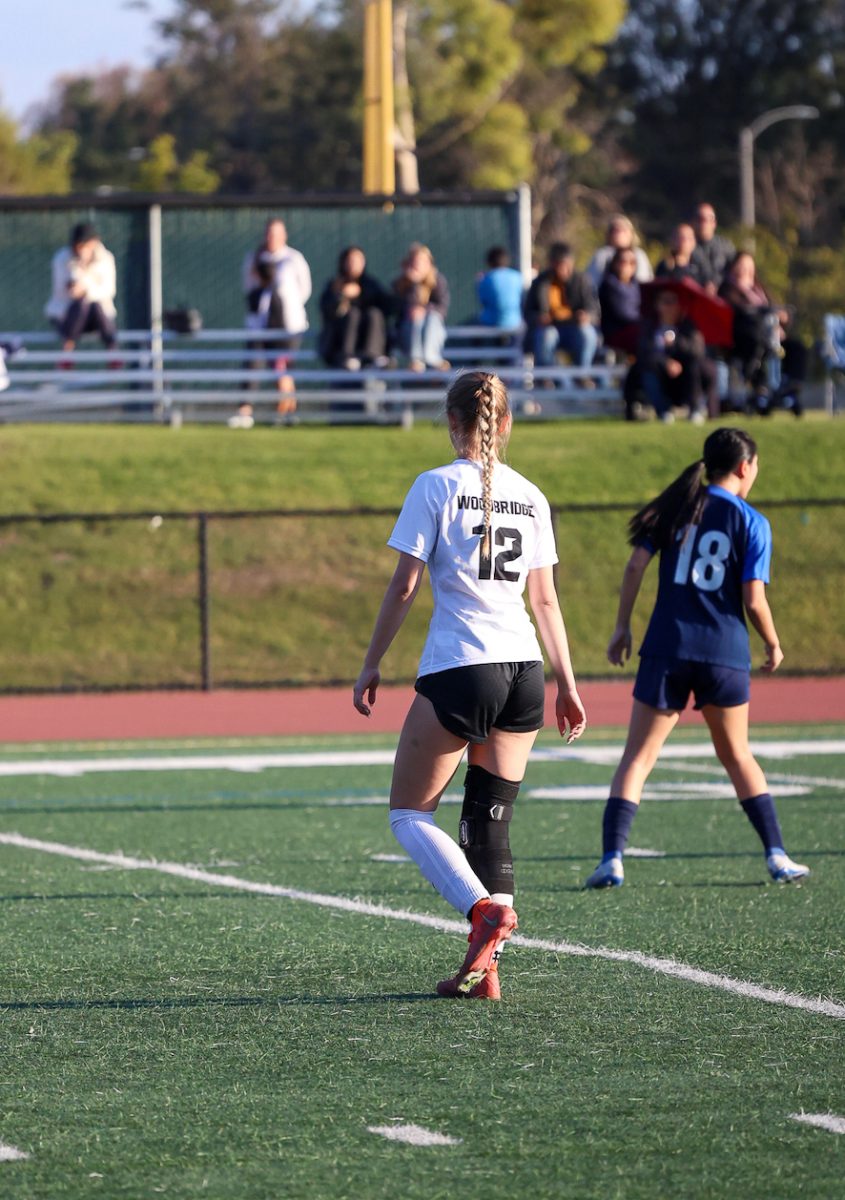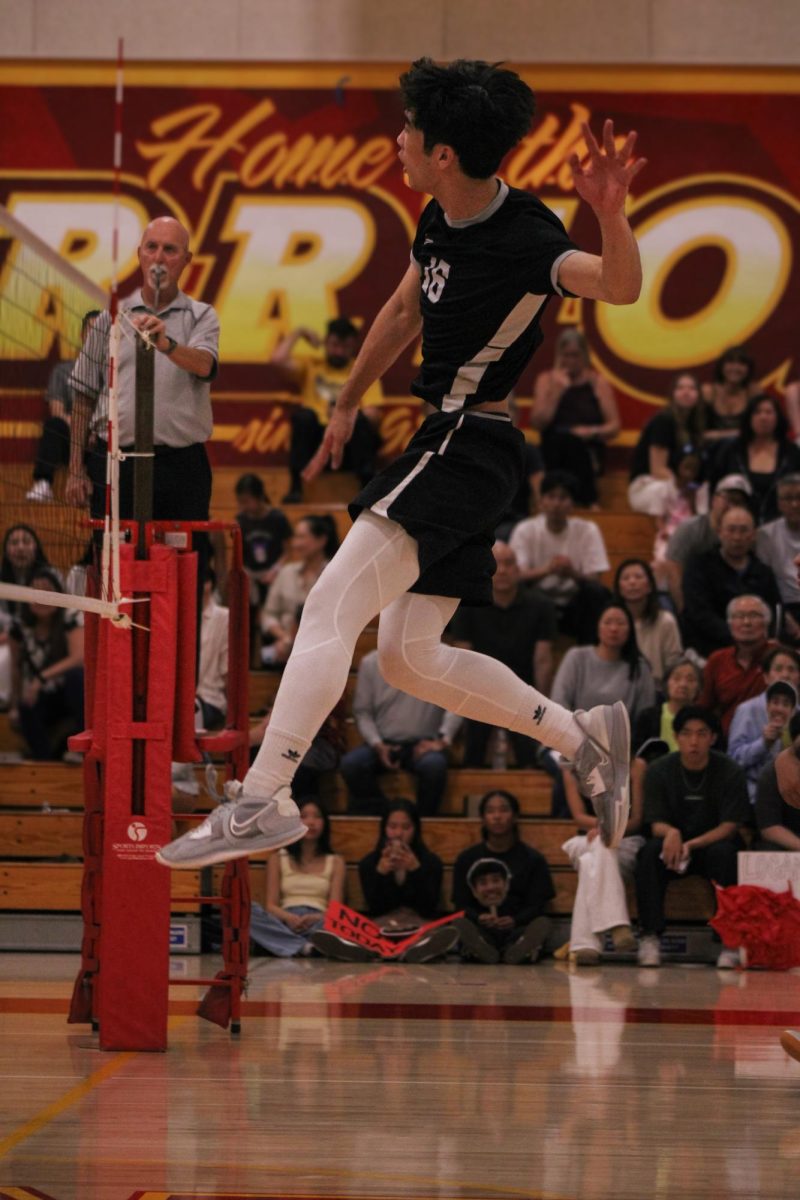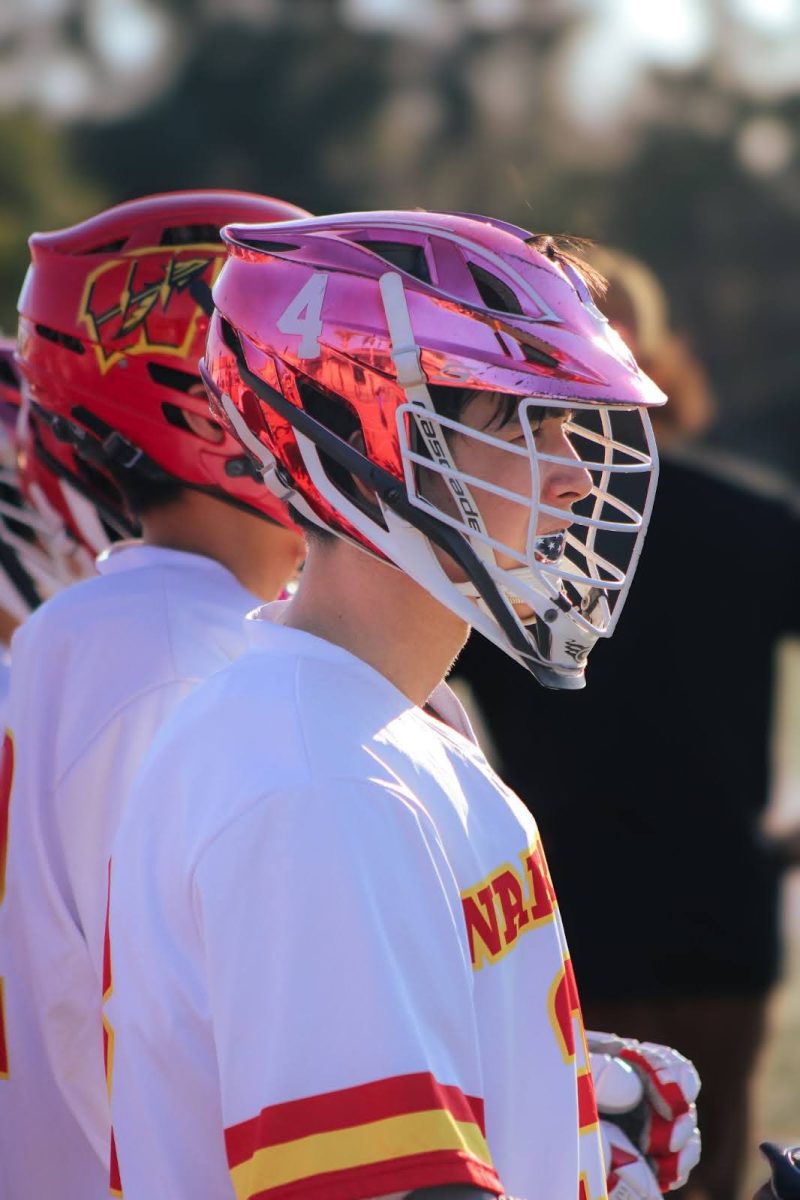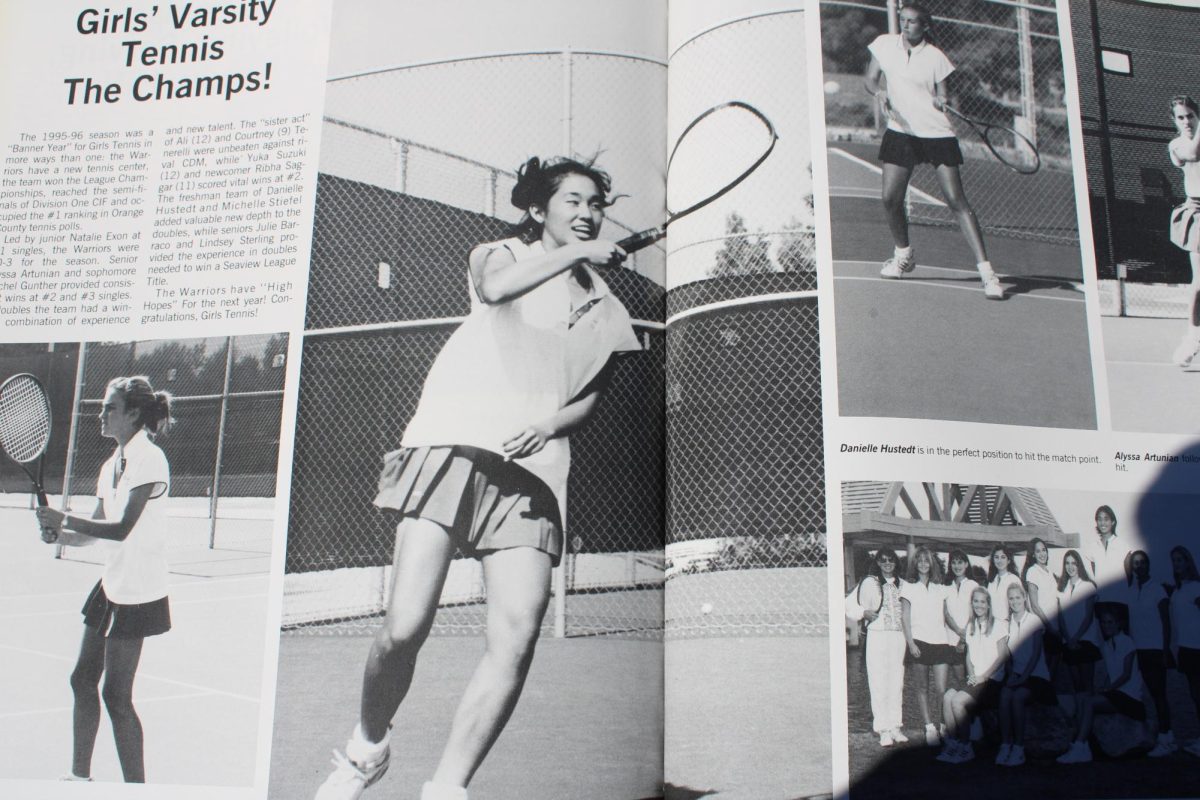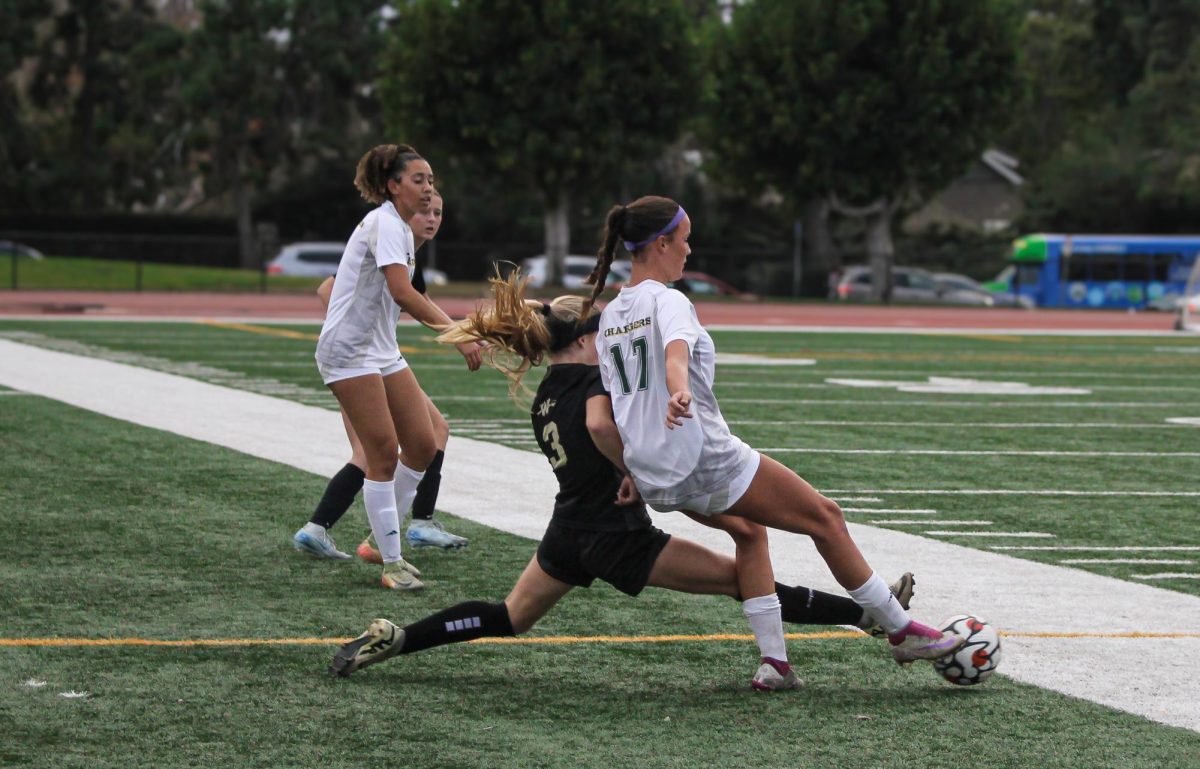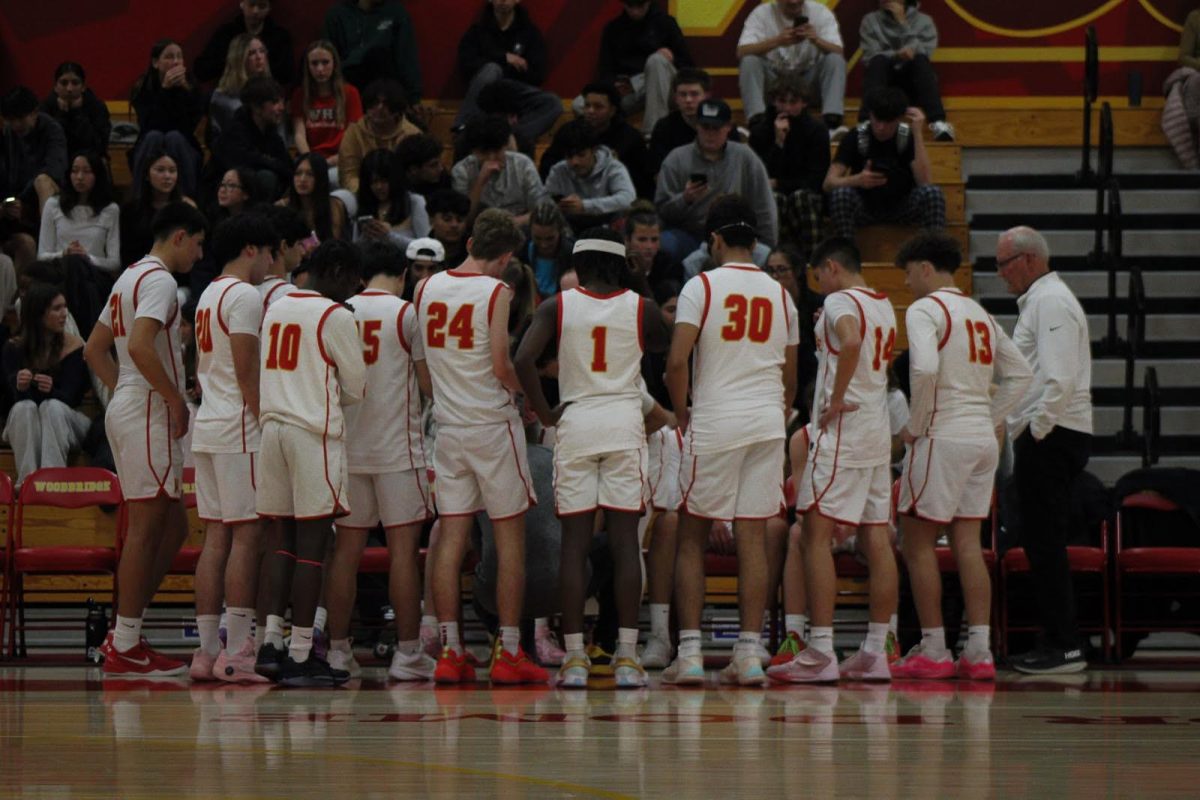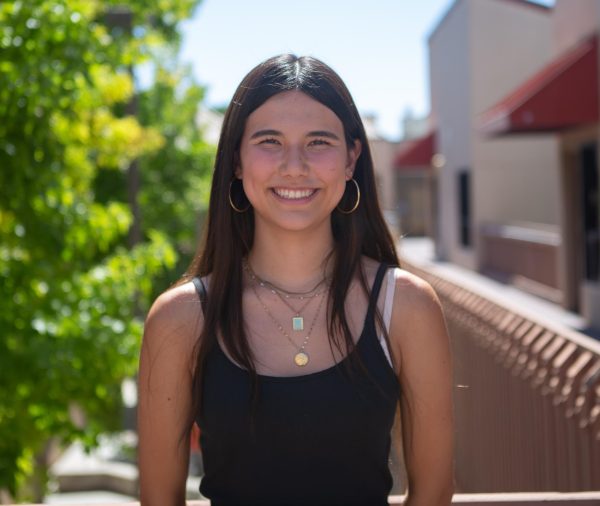European gold medalist runner Tiffany Porter sums up the experience perfectly: “When you get injured, that’s the worst thing ever, you feel almost like your body has betrayed you and you really can’t do anything except just wait.”
For athletes experiencing an injury, a significant part of who they are is gone, causing many to question their sense of purpose and self-worth.
“[It’s] demoralizing getting a big injury, especially before the season starts,” senior football player and track runner Kai Tanaka said.
In a preseason game sophomore year, Tanaka was badly injured with a fractured femur, sprained posterior cruciate ligament (PCL), sprained medial collateral ligament (MCL) and a bruised bone all in his right knee. Then this fall season, Tanaka sprained his left MCL and was out for two months.
Sports is a mental game just as much as it is a physical one. When asked who motivated him the most throughout his injuries, Tanaka answered that in the end, it all came down to one person.
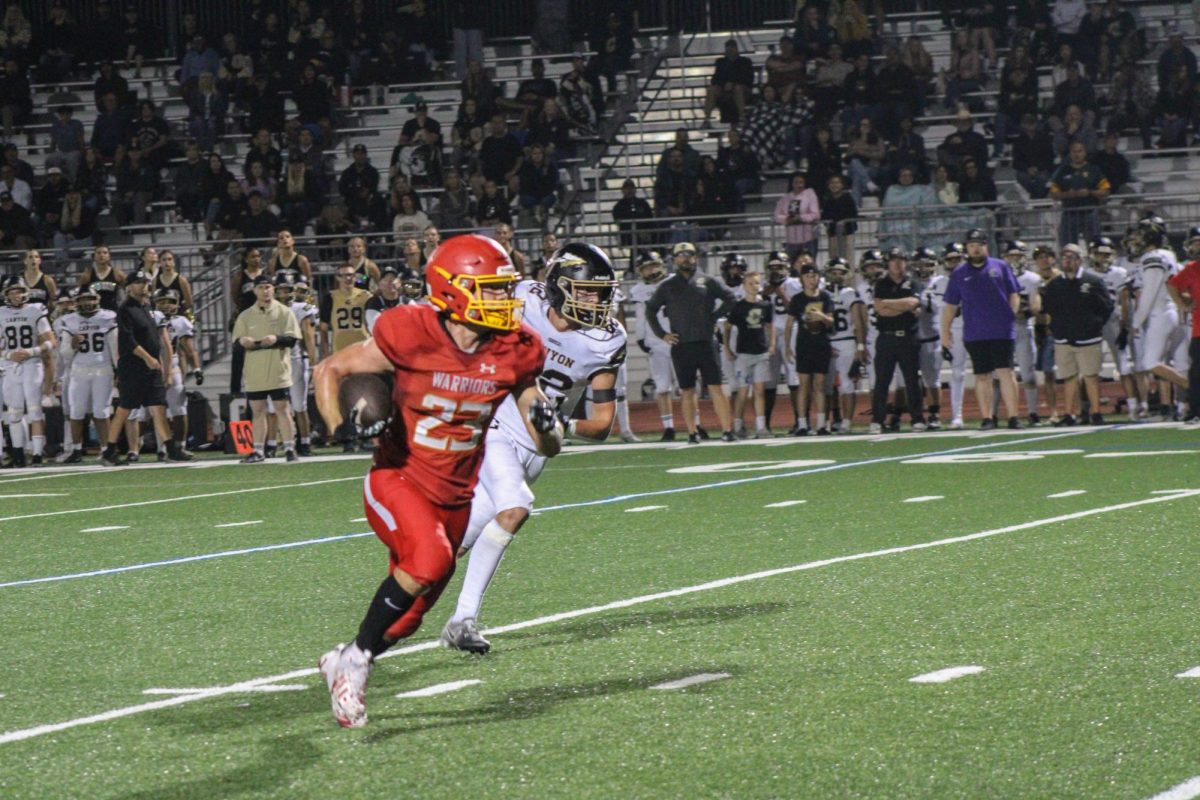
“[It was] on me to push myself to get back for next season and work hard,” Tanaka said.
Like Tanaka, other athletes have faced setbacks that tested their resilience, including senior varsity and club soccer player Kaylin Stapinski, whose journey has been one of repeated challenges and perseverance. Her first anterior cruciate ligament (ACL) tear happened in July of 2022. Since then, she has torn her ACL two more times.
However, throughout her journey, Stapinski’s unwavering determination has remained constant in the face of fear and uncertainty.
“Re-entering my sport after all three injuries definitely has been hard each time because there’s always that thought in the back of my mind, like, ‘What if something happens?'” Stapinski said.
When someone gets hurt in sports, their first reaction is to question whether their athletic career is over. But even more so, as the recovery process begins and progress becomes possible, a growing anxiety emerges about trusting one’s body to return to play.
In a study done by the National Institutes of Health (NIH), it was found that 85% of athletes who undergo ACL reconstruction are able to achieve clinically satisfactory outcomes. However, 22% never return to their sport, with fear of reinjury the most common response as to why. However, Stapinski has never once thought about quitting soccer, despite undergoing the process three times.
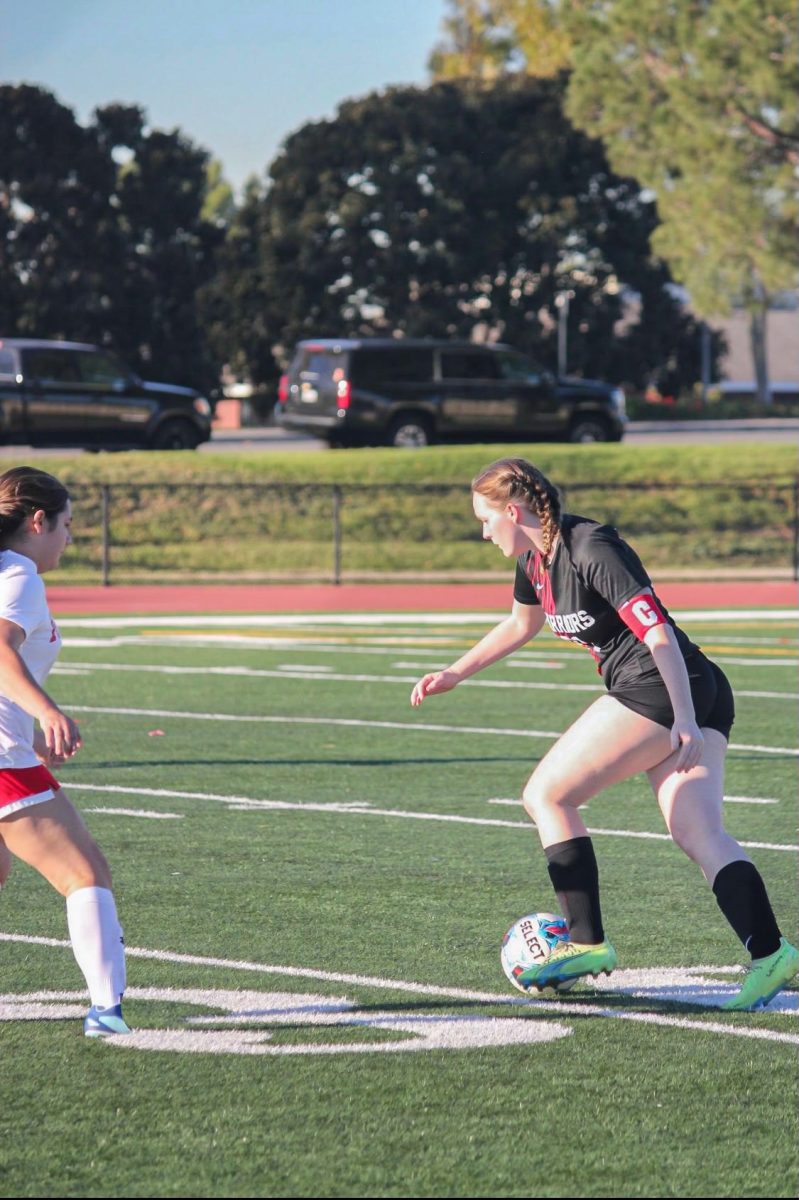
“To combat that [fear], I just try to think about [the fact] that I’ve done the work, I’ve done my physical therapy and that I’m strong and ready to play again,” Stapinski said.
For Stapinski, self-talk has been the key to her return to soccer each time.
“Every win is a win, no matter how big or how small because it’s really important to look at where you started and where you are now,” Stapinski said.
Ultimately, it is about having a positive mindset to trust oneself and one’s body.
Senior varsity volleyball and soccer player Azalea Sevcik has navigated injuries her entire athletic career.
“I was born with an issue within my spine [and] it got really bad when I was playing volleyball, so I really had to work hard to make sure that I did my physical therapy and completely relearned how to play so that I wasn’t injuring myself further,” Sevcik said.
For many, the pain would be enough to quit sports altogether. But for Sevcik, she has learned to find support that allows her to continue doing what she loves even with constant obstacles.
When asked who her greatest supporters are, she said it was her parents, who can be seen in the stands cheering her on at every game. Sevcik has also found a support system in her friends whenever she experiences injury anxiety and has come to realize that there are people who feel like her too.
“I think the advice I [would] give to someone who’s struggling with chronic injuries or even chronic illness is that every day you’re gonna feel different, and you might feel worse some days than others,” Sevcik said. “But you just have to really appreciate the times when you are feeling good and make the most out of it.”
Sevcik encourages athletes who experience chronic pain like she does to take each day one step at a time.
“If you’re having a good day, just do as much as you can. And if you’re having a bad day, give yourself a break,” Sevcik said, “You’re gonna have times when you’re playing worse than you are on other days.”
The student athletes at Woodbridge High who have experienced the physical and emotional turmoil of recovering from an injury are a testament to resilience and what it means to truly love one’s sport.



